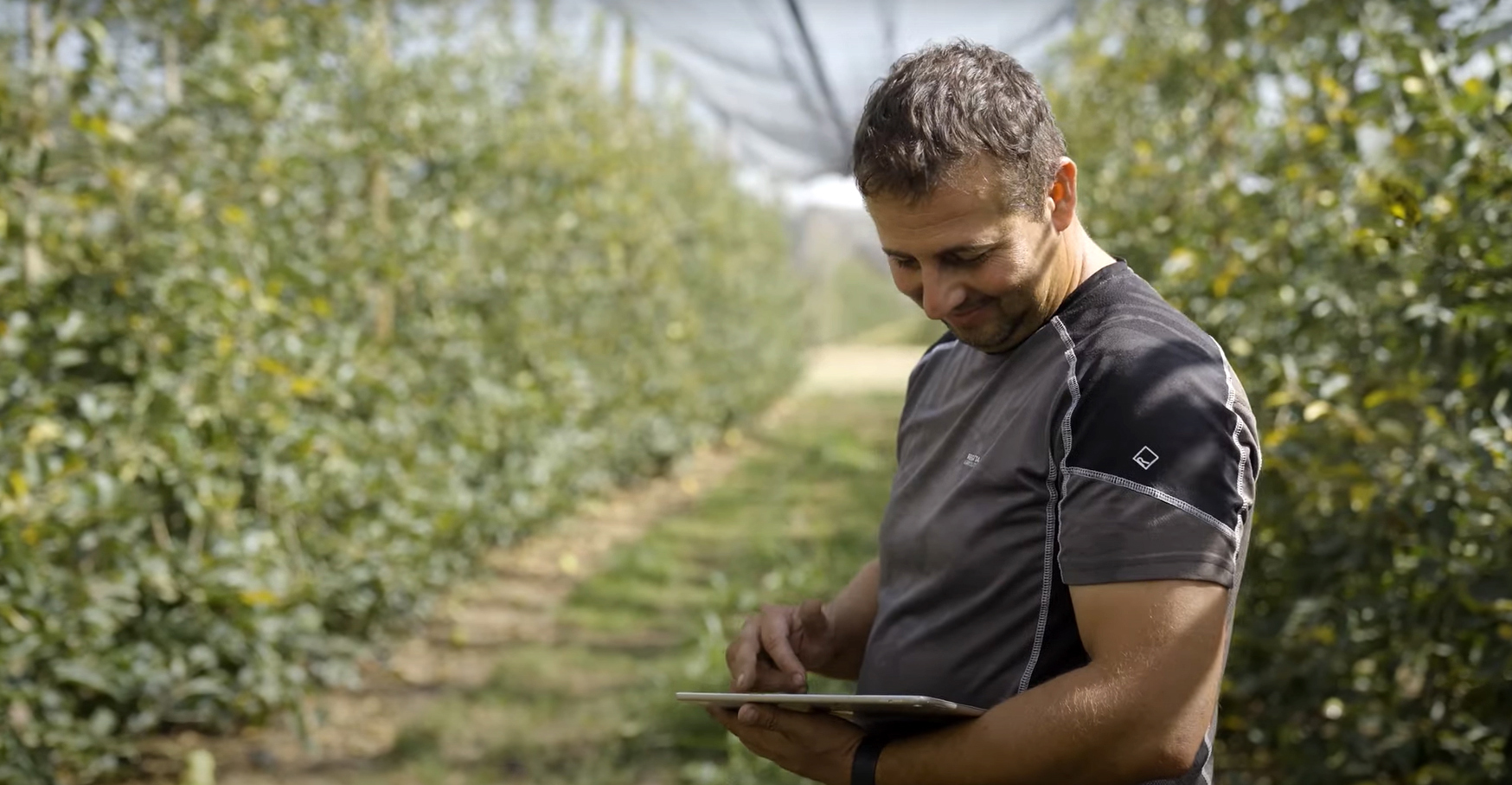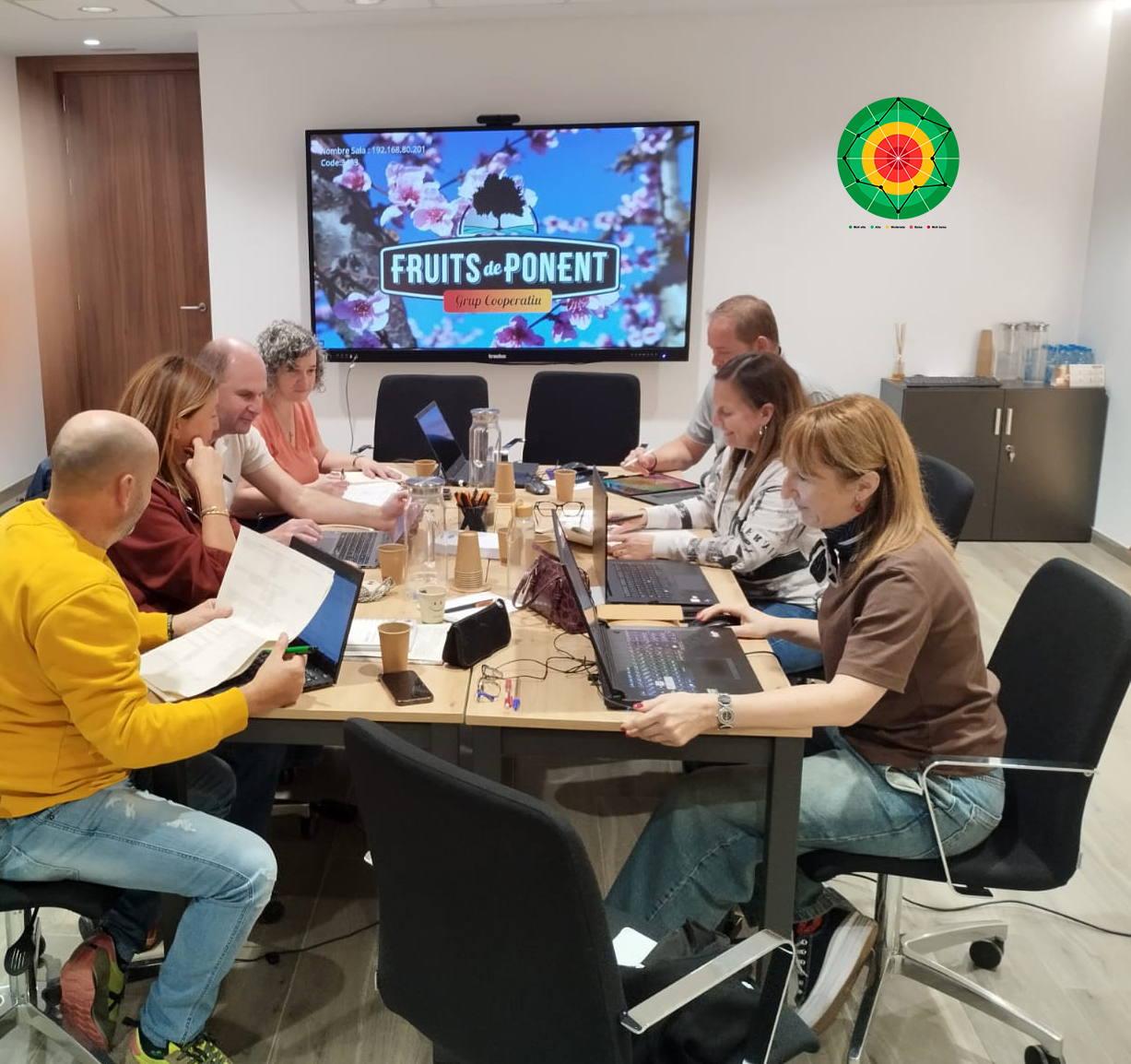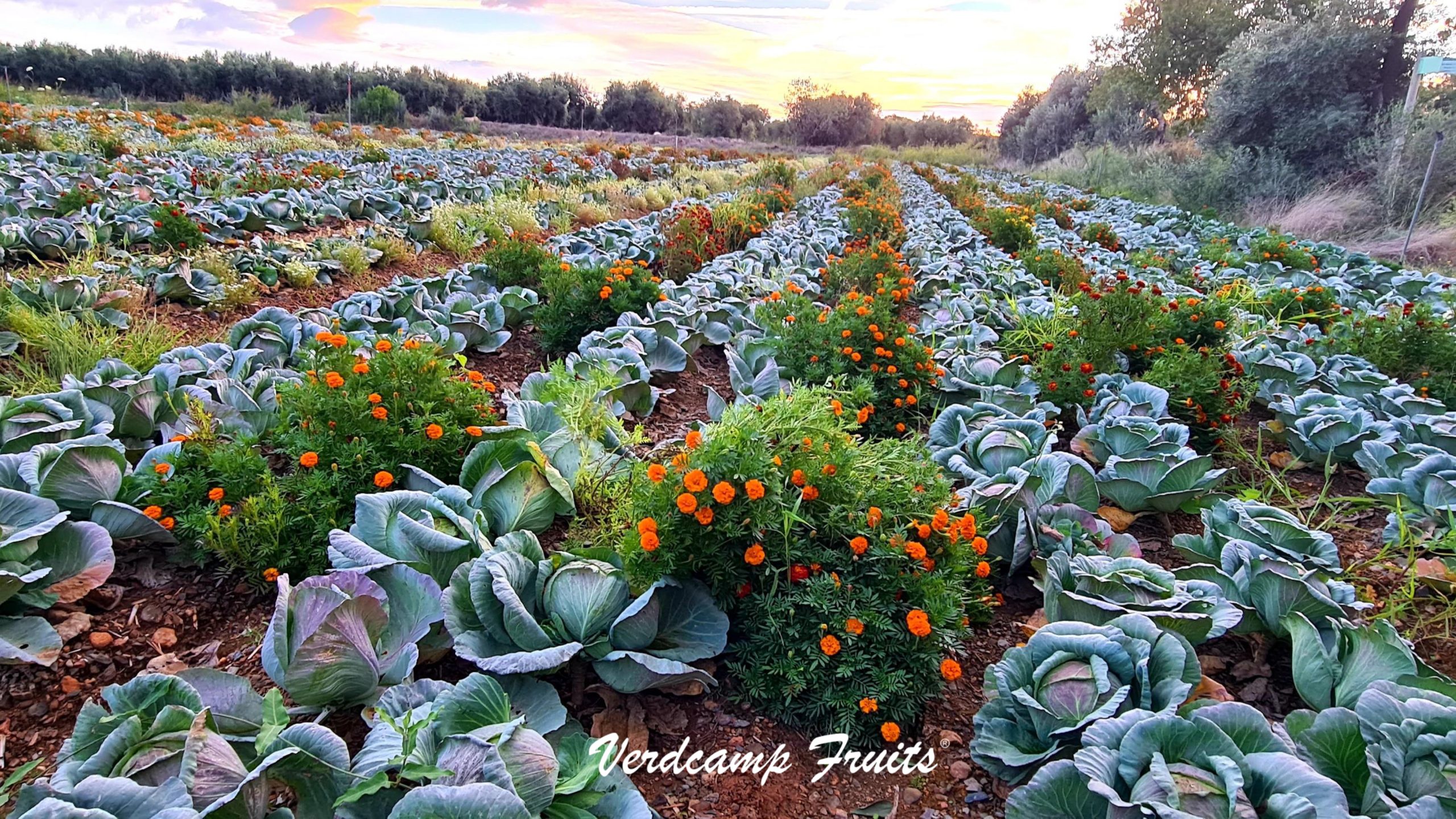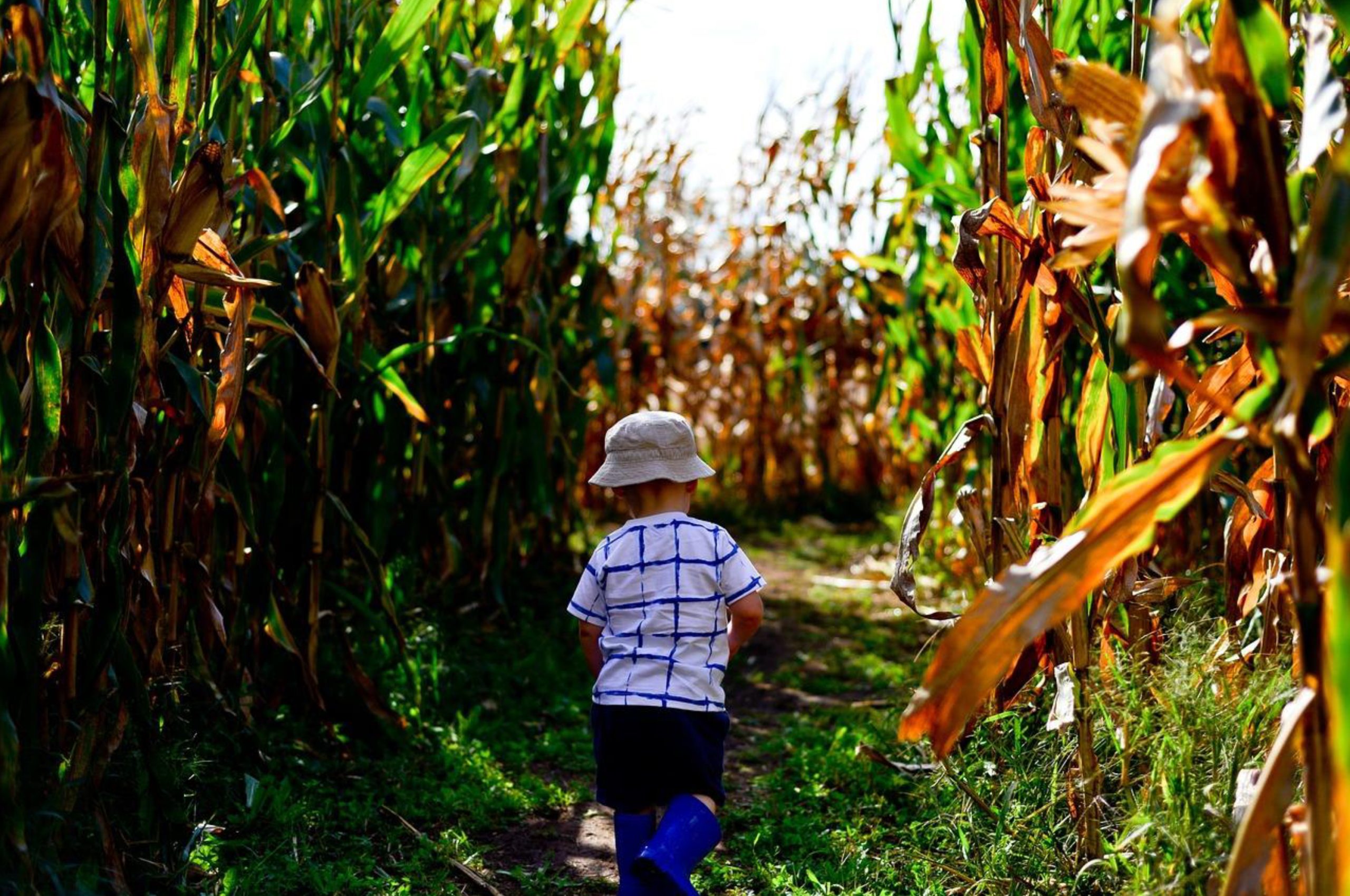Sustainable Agriculture Programme (PAS) in Catalunya
Spain
Launched in 2019, the Sustainable Agricultural Production (PAS) promotes sustainable agricultural practices and highlights the work of agricultural and livestock farms that face new challenges in terms of sustainability. This production model evaluates, classifies and recognizes Catalan farms according to their level of sustainability in three main areas: environmental, social and economic, using an objective and quantitative methodology.
Lead organization
The Government of Catalonia (Generalitat Catalunya), Department of Agriculture, Livestock, Fisheries, and Food. The Government of Catalonia actively promotes agroecology through significant projects with the Department of Agri-Food Production and the Institute of Agri-Food Research and Technology (IRTA).
Main beneficiaries
farmers and cooperatives
Country
Catalonia, Spain
Timeline
Launched early 2019 and currently in its initial implementation phase, with no defined completion date. Rather, its purpose is to endure overtime and to evolve progressively, as advances in technical knowledge allow for further development, with the overarching aim of fostering an increasingly sustainable agricultural sector.
Funding
So far, the project has been funded with the Government of Catalonia’s own resources, with an estimated value of over €12 million to date.
Mission
The Sustainable Agriculture Programme (PAS) supports the transition to sustainable agricultural practices that protect the environment, boost local economies, and improve rural quality of life. This project aligns with the Catalonia Food Strategy and the Law 16/2017 against climate change.
Context
- Catalonia has a diverse agrifood sector characterized by small and medium-sized family farms producing fruits, vineyards, olive trees, nuts, cereals, and cattle. In 2021, the agrifood sector contributed to 19.7% of Catalonia’s GDP, and in 2024, Catalonia became Spain’s leading exporter of food and beverages for the fourth consecutive year (Government of Catalonia).
- In Catalonia, there are 45,363 agricultural holdings (2024 data), covering 742,150 hectares. Of these, 83.25% follow conventional farming practices, 9.16% organic production, and 7.59% integrated production. In 2025, integrated production has grown significantly, recording a 15% increase compared with 2024, thereby consolidating its role as a growing model within the Catalan agricultural sector.Integrated production and organic farming are two voluntary certified systems, endorsed by the Department of Agriculture, Livestock, Fisheries and Food, which allow products to be identified with specific labels. Integrated production is regulated at national and regional levels, whereas organic farming is regulated at the European Union level.
- These certified systems promote environmentally sustainable practices, but they do not quantify sustainability. For this reason, the Department is promoting the Sustainable Agricultural Production initiative, which encourages practices based on the three pillars of sustainability: environmental, social, and economic.
- This initiative provides the agricultural sector with digital tools to help quantify sustainability and will offer a public certification that will allow products from sustainable farms to be identified with a dedicated logo.
- When it comes to livestock farming, most of the farms follow a conventional model (94.3%), while organic production is very limited (5,7%).
- Cultivated biodiversity has been a key objective of our department since 2011. We started working on it by bringing together organizations that carried out actions for cultivated biodiversity. This collaboration allowed us to bring out new resources for preservation. Nowadays, we are not only continuing to identify and conserve new resources but also working to increase biodiversity on Catalan farms to alienate with the European Union’s biodiversity conservation strategies, such as the Farm to Fork strategy. This work is carried out through the Cultivated Biodiversity Action Plan, which aims to promote the recovery, conservation, use, dissemination and commercialization of Local Varieties of Catalonia.
- Catalonia has second agricultural initiative, which is the Plan for the Development of Organic Production (PAE), covering the period January 2024 to December 2027, and which aims to promote organic production and consumption, particularly of local products, in line with the European Organic Action Plan. The plan benefits all actors in the organic value chain and consumers by stimulating demand for organic products, encouraging conversion to organic production, and strengthening the sector’s value chain. It also aims to increase the contribution of ecological production to food system sustainability and environmental conservation.
Strategy
Objectives
The Sustainable Agriculture Program has eight goals, inspired by the agroecological principles:
- Ensure that the food chain has a neutral or positive environmental impact.
- Ensure food security, nutrition, and public health.
- Preserve the affordability of food.
- Establish a public and transparent protocol to assess the sustainability of Catalan agricultural operations.
- Make visible the effort made by farmers and ranchers.
- Support farms in transitioning to agroecology principles.
- Contribute to making Catalan farms economically viable.
- Increase the quality of life for people working in rural areas.
Activities
The implementation of Sustainable Agricultural Production (PAS) is conceived as a voluntary, flexible process, tailored to the reality of each farm. The goal is to enable a realistic and effective transition toward a more sustainable model, without imposing obligations, but providing tools and support to make it possible. The process unfolds in several phases:
- Self-assessment and digital tools: Any farm can assess its level of sustainability using the digital tools provided by the PAS system. These tools allow for an objective and accessible self-evaluation. Farms with higher sustainability levels may voluntarily apply for a public certification that recognises their commitment.
- Initial assessment: An initial diagnosis is carried out to evaluate the farm’s current situation in terms of environmental, economic, and social sustainability. This serves as a starting point for defining improvement goals.
- Application of indicators and criteria: A public and transparent protocol is used, based on measurable indicators to assess the degree of sustainability. These may include aspects such as efficient water use, waste management, biodiversity, animal welfare, among others.
- Technical support: Farms receive technical and training support to implement improvements and adapt to sustainability criteria. Knowledge exchange and best practices among professionals in the sector are encouraged.
- Certification and product valorization: Farms that complete the certification process can differentiate their products and highlight that they come from a sustainable agricultural operation. This certification is voluntary and represents both recognition and reward for well-executed work. It also serves to communicate this added value to consumers and society. Moreover, it is compatible with other public certifications, such as organic farming, and efforts will be made to create synergies that facilitate the management and recognition of good practices.
This implementation model aims to be a useful and transformative tool, recognizing good practices and helping to advance towards a more resilient, competitive, and territorially committed agricultural sector. PAS not only seeks to certify good practices but to drive a positive and shared transformation across the entire sector.
Outcomes and lessons learned
Outcomes
- Some Catalan farmers have been able to quantify the level of sustainability of their farms thanks to the Sustainability Calculator, a digital tool developed by the Department of Agriculture, Livestock, Fisheries, and Food and IRTA. In 2023, a total of 1.012 farms used the Sustainability Calculator.
Of these:
- 41.7% were conventional farms,
- 40.12% were certified under Integrated Production (IP),
- 15.02% were certified under Organic Farming (OF),
- and 3.16% operated under both certification systems (IP and OF).
In 2025, the number of farms participating in the project increased to 3.505. Among them:
- 56.5% are conventional farms,
- 30% are certified under Integrated Production (IP),
- 13% are certified under Organic Farming (OF),
- and 0.5% operate under both certification systems.
Lessons Learned
- Public programmes or policies such as the PAS in Catalonia are important tools to promote the agroecological transition as a solution to the broken food system.
- Sustainable production contributes to building a planet with more respect for resources and people, while giving a voice to the local farmers to create a more sustainable world in the future.
- Sustainable production enables collaboration with food producers to gradually implement sustainable practices. It also gives visibility to farmers’ efforts, thanks to regular monitoring and support throughout the transition process.
- Sustainability is a process, not a fixed goal. PAS understands sustainability as a progressive and shared journey, where each farm can advance from its own starting point, with the resources and conditions it has.
- The agricultural sector must lead its own future: If decisions are not made locally, they will be imposed from outside. PAS is a tool for exercising sovereignty and adapting production models to the reality of each territory.
- Sustainability must integrate environmental, economic, and social dimensions: PAS not only aims to reduce environmental impact but also to ensure the economic viability of farms and improve the quality of life of those who work in agriculture.
- Collaboration is key to transformation: PAS promotes alliances between farmers, public administration, research institutions, and civil society. This collaborative network is essential to move towards a more resilient and fair agricultural model.
- Real data improves public policy: The PAS evaluation system generates useful data to design more efficient, evidence-based policies tailored to the needs of each territory.
- PAS proposes a methodology that is transferable to other regions.
- PAS dignifies the farming profession and enhances its social recognition: Making the efforts of sustainable farms visible helps shift public perception and build a positive and shared narrative.
- Innovation must be connected to the field: PAS facilitates applied and participatory research focused on solving real problems on farms and promotes the transfer of useful and transformative knowledge.
- Voluntary certification is a tool for product valorization: It allows sustainable products to be differentiated, opens new marketing channels, and strengthens consumer trust.
- PAS is applicable to all production systems: Whether conventional, integrated, or organic farming, all farms can use PAS to assess their sustainability level and progress in continuous improvement.
Limiting barriers
- Digital fracture: A portion of farmers still face difficulties accessing or using digital tools, which can limit the use of the sustainability calculator and other digital resources linked to PAS.
- Lack of mobile coverage in rural areas: Limited connectivity in certain agricultural zones of Catalonia makes it difficult to access digital tools and receive online technical support.
- Higher costs of implementing sustainable practices: Some farms may face financial barriers when adopting sustainable practices, especially if no specific support or subsidies are available to offset the initial investment.
- Generational renewal: The lack of young people entering the agricultural sector can hinder the continuity and adoption of innovative models like PAS, particularly in family-run farms.
Sustainable Agricultural Production as a driver of the future, PAS promotes responsibile agricultural practices and provides a sustainability calculation tool applicable to any production system. For this reason, it integrates perfectly with the philosophy and needs of our company.
General email: pas.agricultura@gencat.cat
Contact people: Anna Goutan Roura, Government of Catalunya, agoutan@gencat.cat and Rosa Mari Pedrol, Government of Catalunya, rmpedrol@gencat.cat
Picture credits: Verdcamp Fruits




